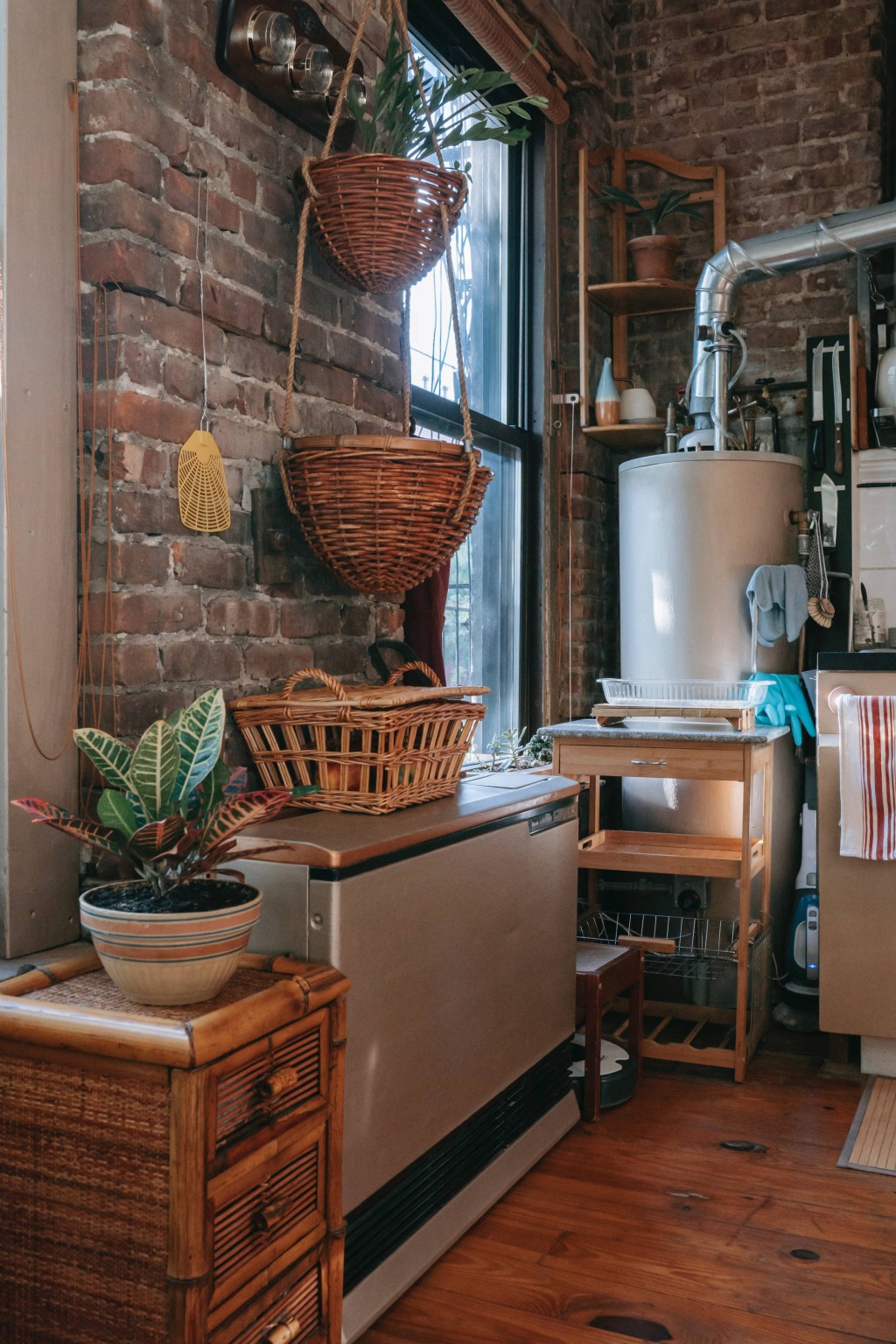Advertorial - What Type Of Boiler Do I Need for My Home or Property?

Your boiler is the beating heart of your home and without it, there is no central heating or hot water for you and your family. Whilst gas boilers are the standard for most of Britain, there are a number of alternatives today which might suit you and your needs.
From a cost perspective, a basic boiler can cost you in the region of £500 to £2,500 to replace and a new boiler can cost around £1,000 at the low end or £15,000 at the high and there are hundreds to be saved each year by addressing the running costs per month.
To get some further insight into finding the right boiler, we speak to energy experts, Warmable, to find out more.
What Different Types Of Boiler Are There?
Gas Boilers - This is the most common type of boiler and uses gas from the National Grid to heat up water and your home. One always has to check for leaks and potential carbon monoxide.
Oil Boilers - This uses a supply of oil in an external tank to create heat and hot water within a property. Oil is more efficient than gas and therefore more cost-effective to run, using up all the fuel created to heat up the water or your home.
Electric Boilers - Electric units are more cost-effective to run, using electricity rather than gas or oil to heat up your water and home. It is similar to a kettle, taking cold water from the pipes and heating it up, meaning that you can place them anywhere in the house. There is no risk of carbon monoxide leaking and therefore they may not need checks as often.
Combi Boilers - Combination or combi boilers are a popular choice for many homeowners. They provide both heating and hot water on demand without the need for a separate hot water cylinder or storage tank. Combi boilers are compact and ideal for smaller homes or properties with limited space.
System Boilers - System boilers work with a sealed hot water storage cylinder, making them suitable for homes with multiple bathrooms and higher hot water demands. They are efficient and offer good water pressure, making them a preferred choice for larger households.
Conventional Boilers - Conventional boilers require a separate hot water cylinder and cold water storage tank. They are suitable for homes with older heating systems and high hot water demands.
What Do I Need To Consider When Choosing A Type Of Boiler?
There are a number of factors to consider when deciding on the right boiler for your home. Below we outline some of the key considerations:
Available Space
Consider the space you have available for your boiler installation. Combi boilers are space-saving options, while system and conventional boilers require additional space for the hot water cylinder and storage tanks.
Hot Water Demands
Assess your household's hot water requirements. If you have multiple bathrooms or a large family, a system or conventional boiler with a hot water cylinder can provide a higher flow rate and meet your demands effectively.
Current System
Take into account the current system used in your home. If you already have a traditional heating system with a hot water cylinder, replacing it with a system or conventional boiler may be more convenient and cost-effective.
However, if you have limited space or prefer a combi boiler, suitable modifications can be made.
Fuel Type
Consider the fuel type that best suits your needs. Gas boilers are commonly used in many homes, but if you don't have access to a gas supply, you may explore other fuel types such as oil-fired boilers or electric boilers.
For those looking to create a greener and more sustainable home, it's worth considering alternative fuel options such as biomass boilers or solar energy. These renewable fuel sources can significantly reduce carbon emissions and contribute to a more environmentally friendly heating system.
Each fuel type has its advantages and considerations, so it's important to evaluate the availability, cost and efficiency.
Savings
Some boilers are far more cost-effective than others to run, which is why it is important to do your homework and make price comparisons. How you use your boiler too is crucial, with oil and electric boilers using a higher percentage of the energy to maximize output around the home or office, however, the cost of a new boiler and installation may be a bit pricier and you will need to weigh this up.
Energy Efficiency
Being energy efficient in today’s world is key and old boilers may be doing more harm than good. Electric boilers may be more favourable since they do not use as much fossil fuels as oil and gas - and there are more savings if you wish to purchase solar panels and can connect the two.
There are grants available to replace boilers that use fossil fuel with more sustainable options. Be sure to check the Government’s Energy Boiler Upgrade Scheme to see how you can benefit.







